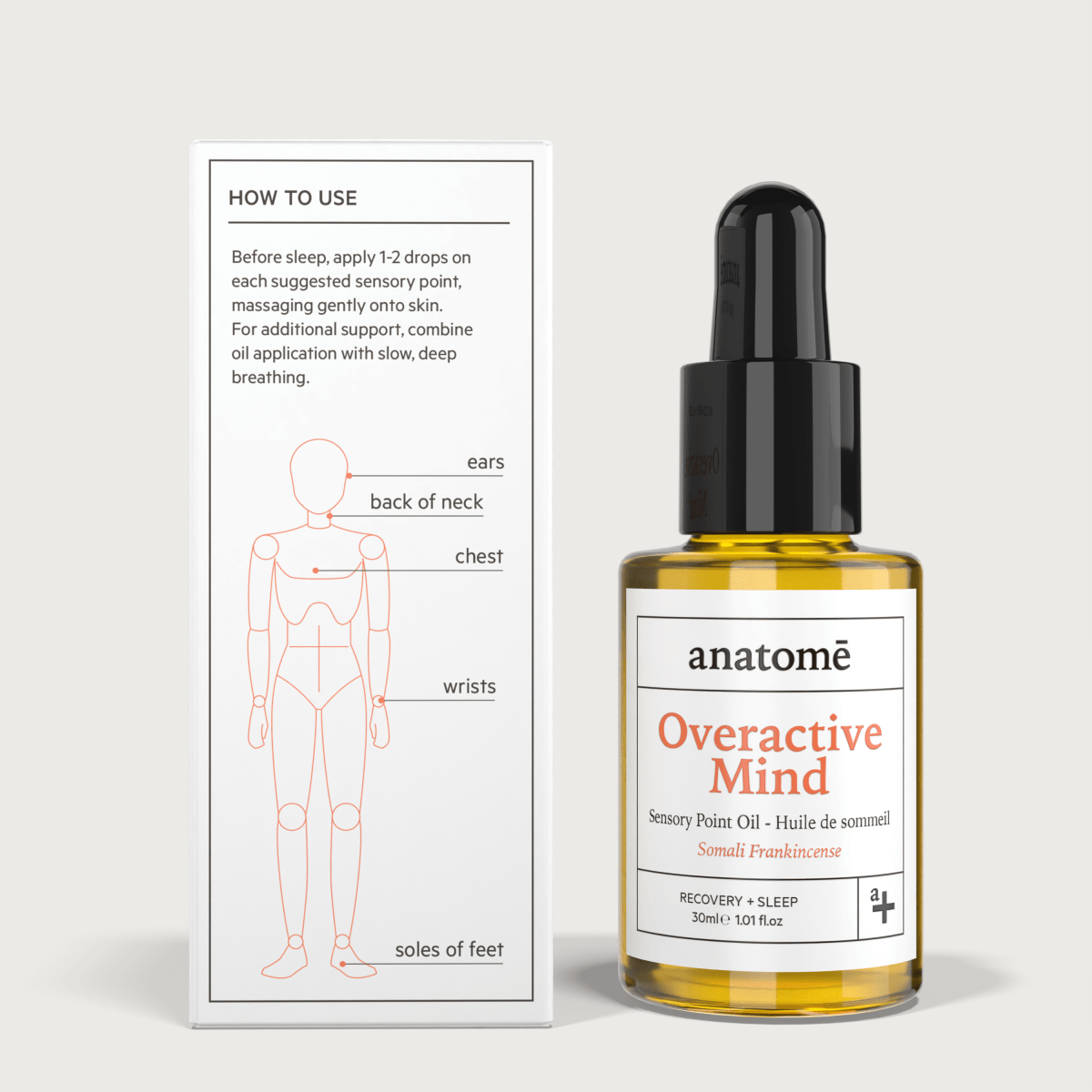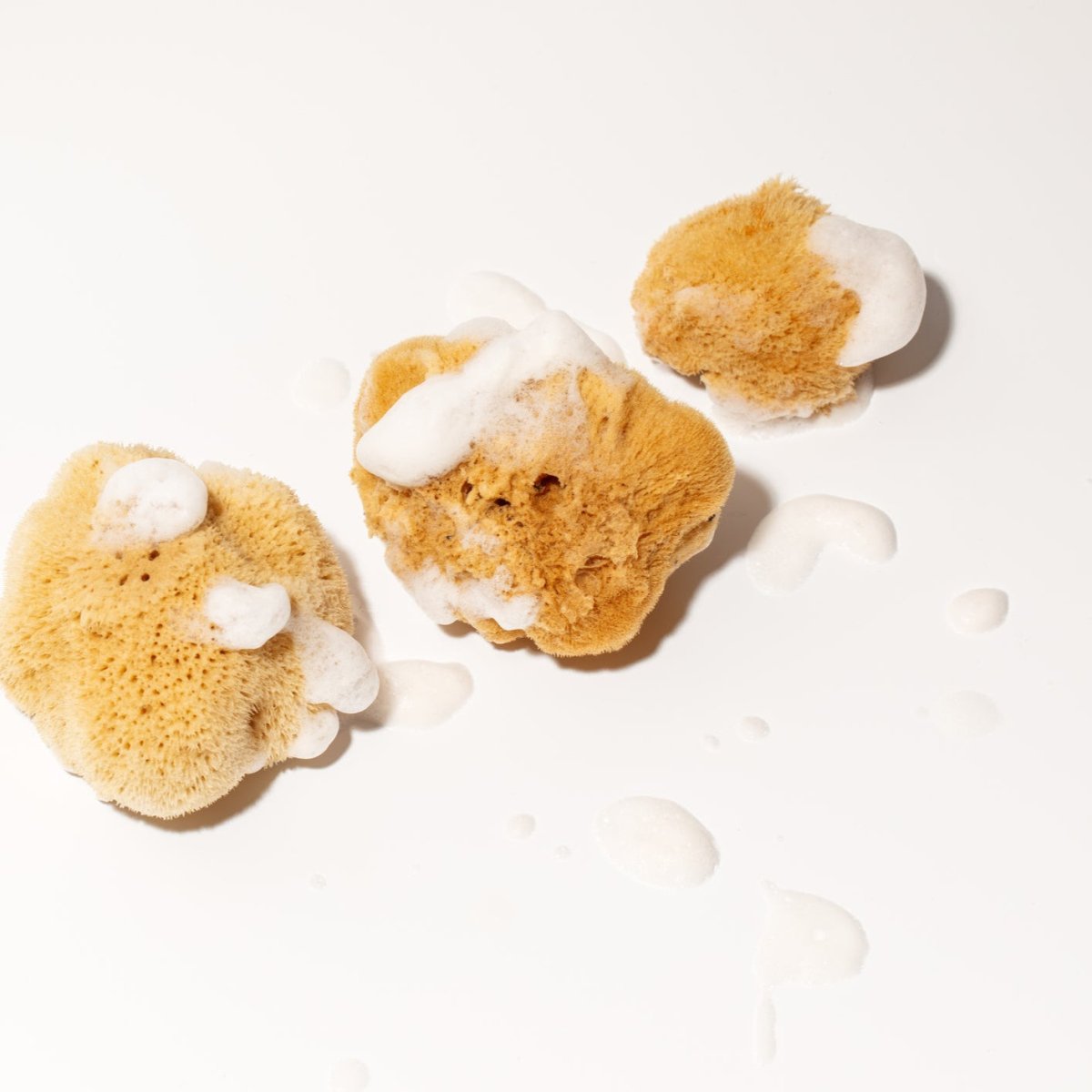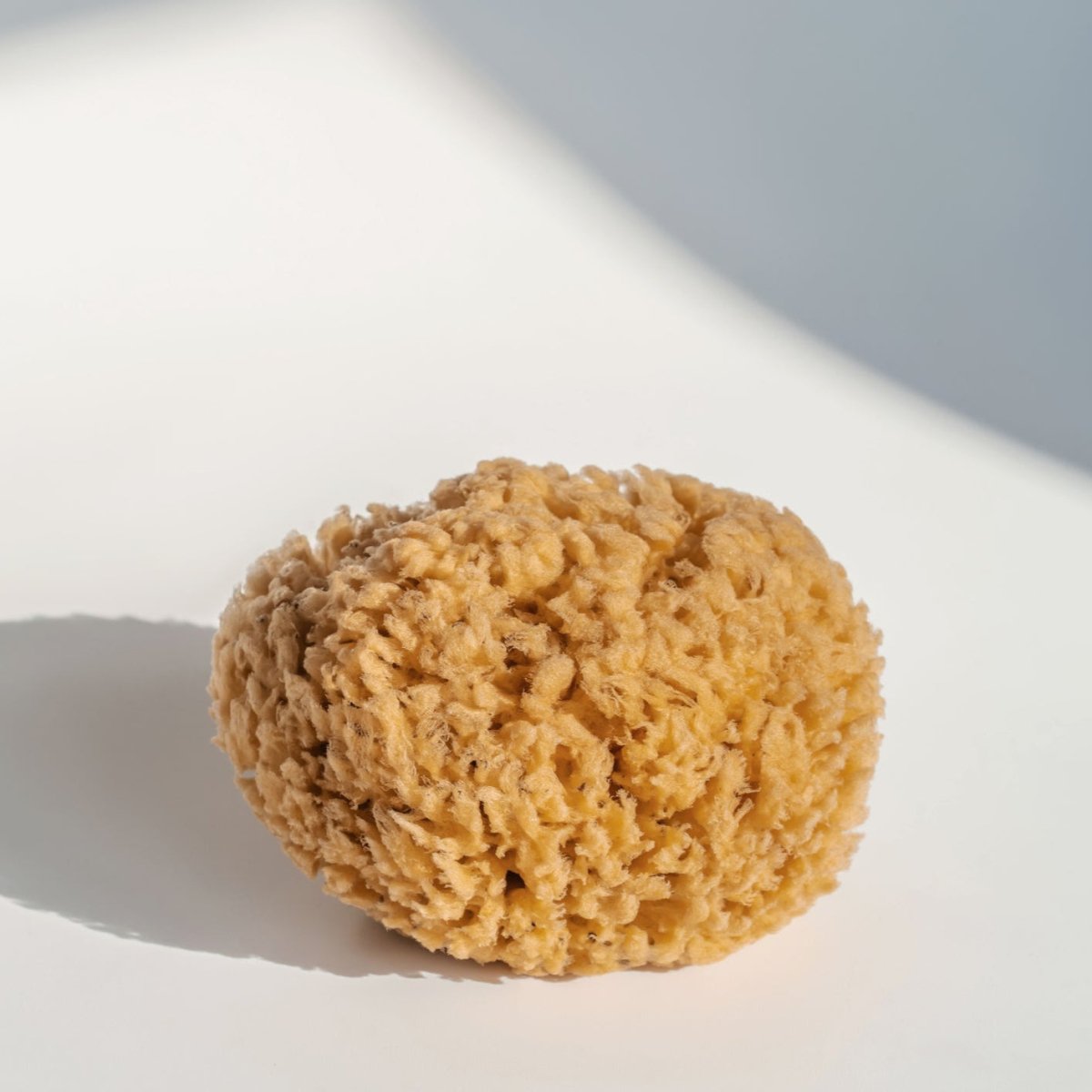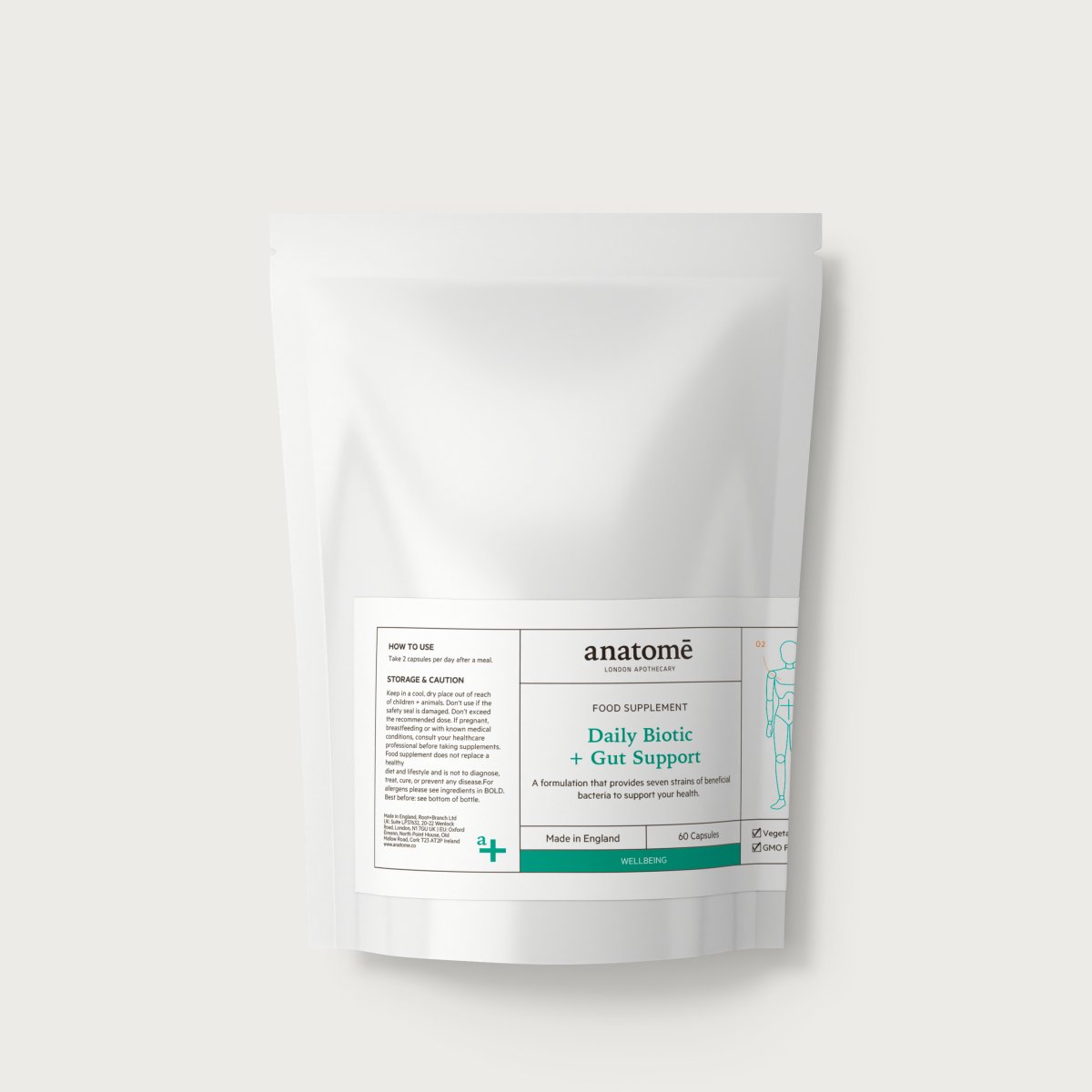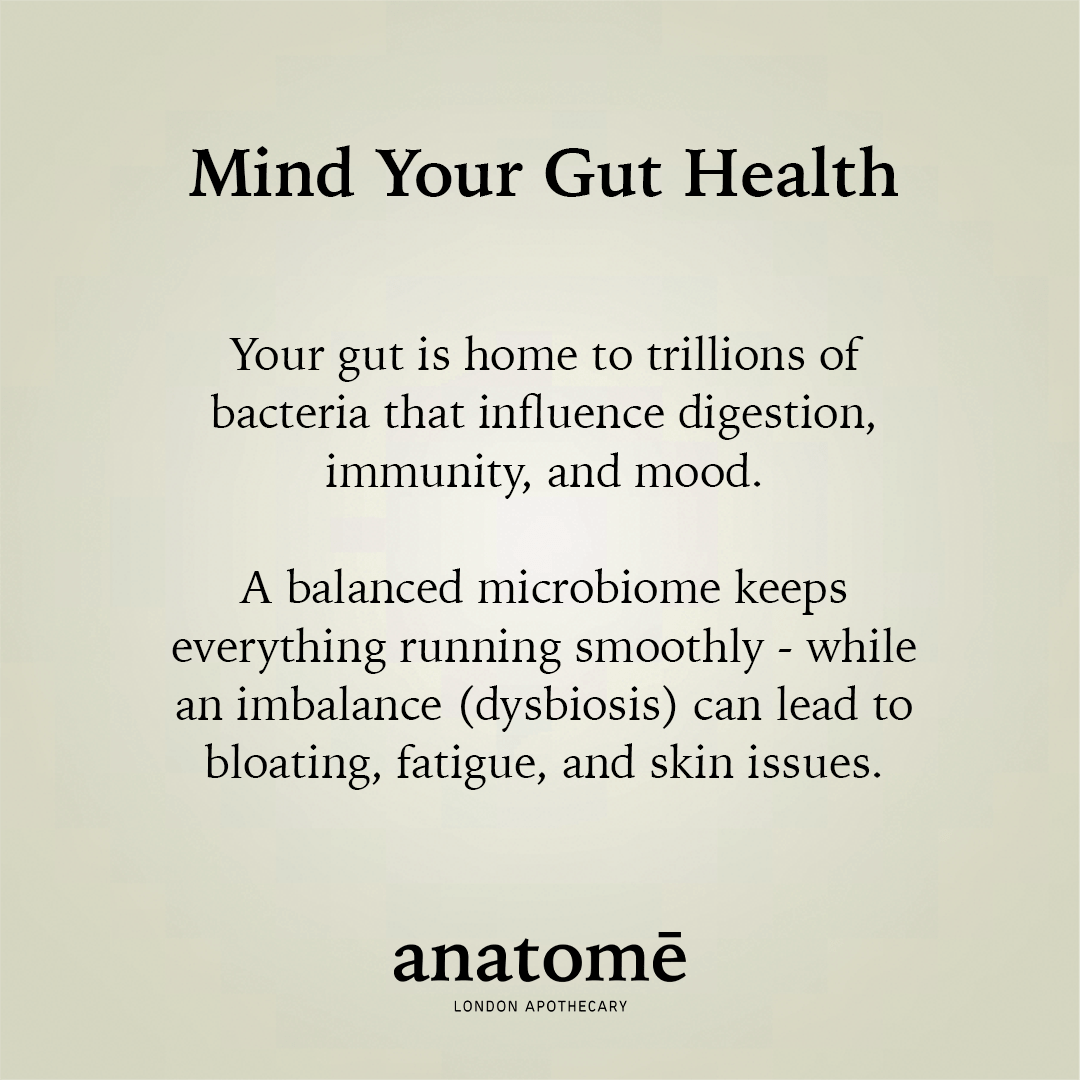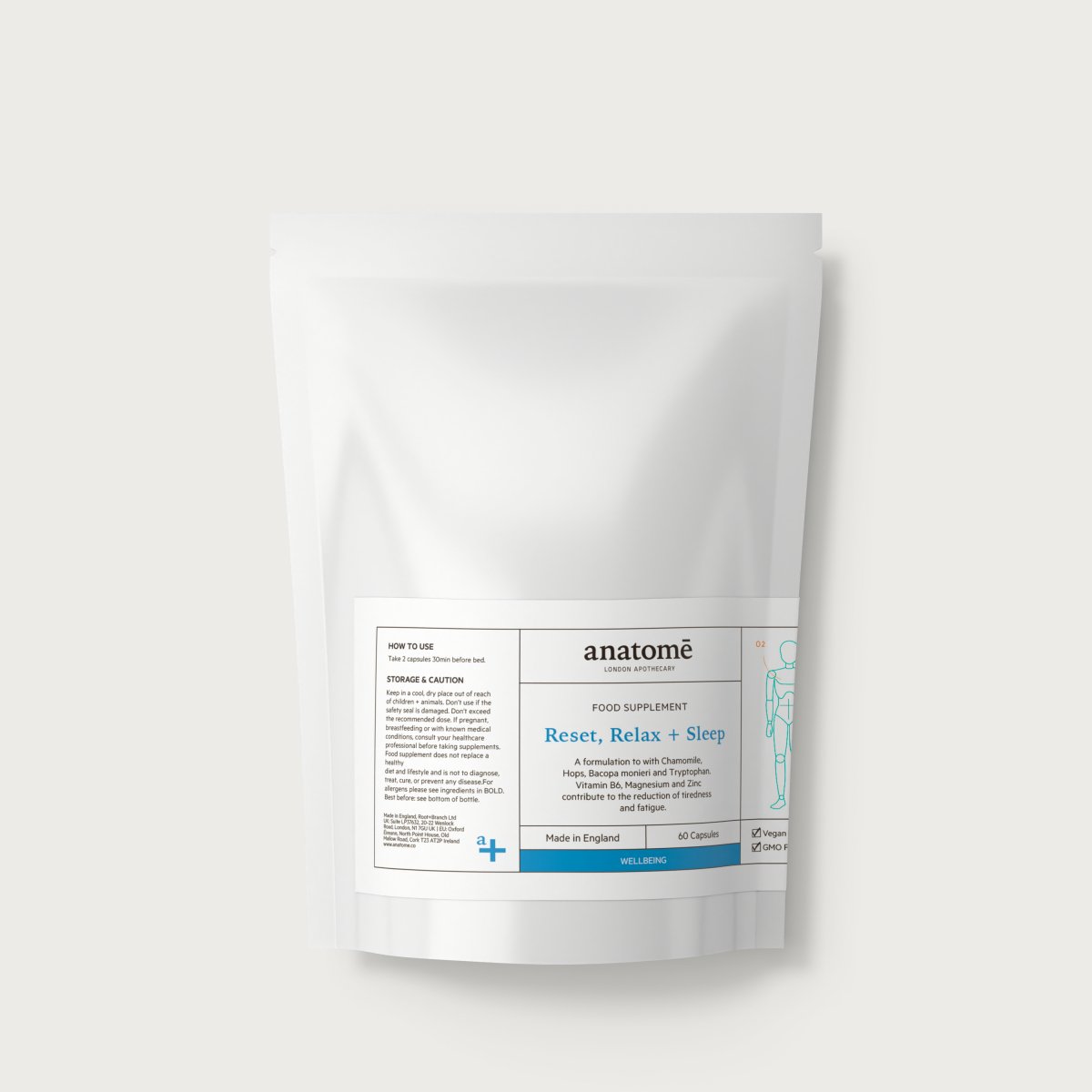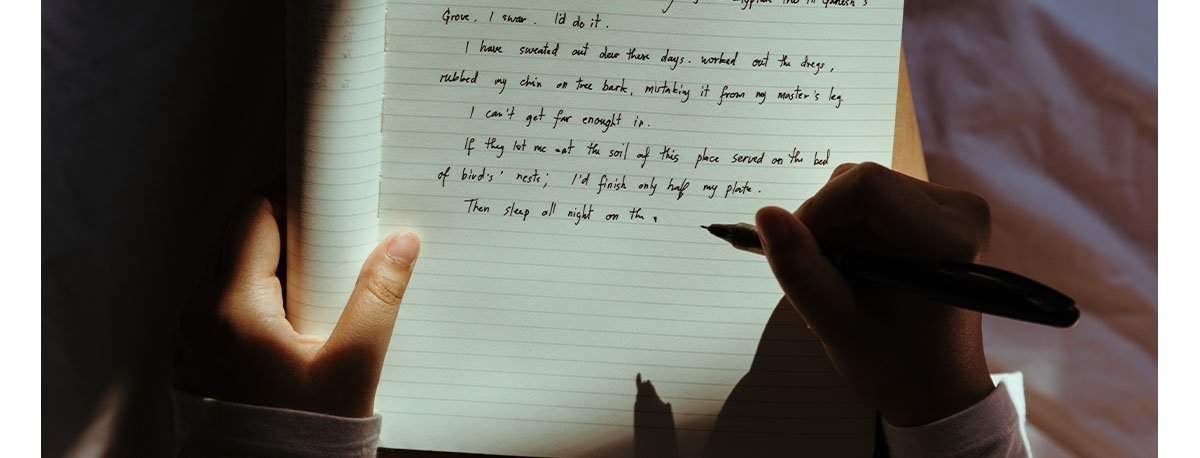40% of American adults say they have difficulty falling asleep at least a few times each month due to worries and anxious thoughts. The most common reason is an inability to stop thinking about unfinished things from your day: work, projects, relationships, finances and so on.
A recent study in the Journal of Experimental Psychology (1) suggests that an easy and effective solution is to write in a journal for five minutes before bed. Whilst doing this, it's been proven that it is most effective to write out your to-do list for tomorrow instead of writing about what you accomplished during the day. In a study of 57 young adults, researchers from Baylor University and Emory University found that writing to-do lists, rather than writing about completed tasks, helped people fall asleep an average of nine minutes faster—in about 16 minutes versus 25.

Recent pharmaceutical clinical trials have shown that people taking sleep aids have fallen asleep nine to 10 minutes faster than usual, reports lead author Michael Scullin, a psychological scientist and sleep researcher at Baylor: “This seems to be a quick little thing people can do in the evening, not to fall asleep in two minutes, but to fall asleep faster than they probably would have otherwise.”
Previous research has connected writing and lessening of anxiety, and even writing and better sleep, but Scullin’s study is the first to use the gold standard of sleep measurement, EEG, to determine exactly how much faster people fall asleep—and it’s the first to specify the content of the writing.
Why does writing at bedtime help you get to sleep?
Throughout the day, we have a number of things cycling through our heads. If your mind is an internet browser, when you have a large number of tabs open, it creates a cycle of anxious thoughts. Even if you aren't active on all of the open tabs, it still consumes energy and a part of your ram memory, making it more difficult to focus and relax enough to start the sleep process. Making a to-do list allows your mind to set aside the unfinished tasks and allow you to relax. It's as if writing down what you need to accomplish closes the tabs that your brain has open.
So before you fall asleep, write down your list and then apply your Recovery + Sleep oil on your sensory points.
Reference

